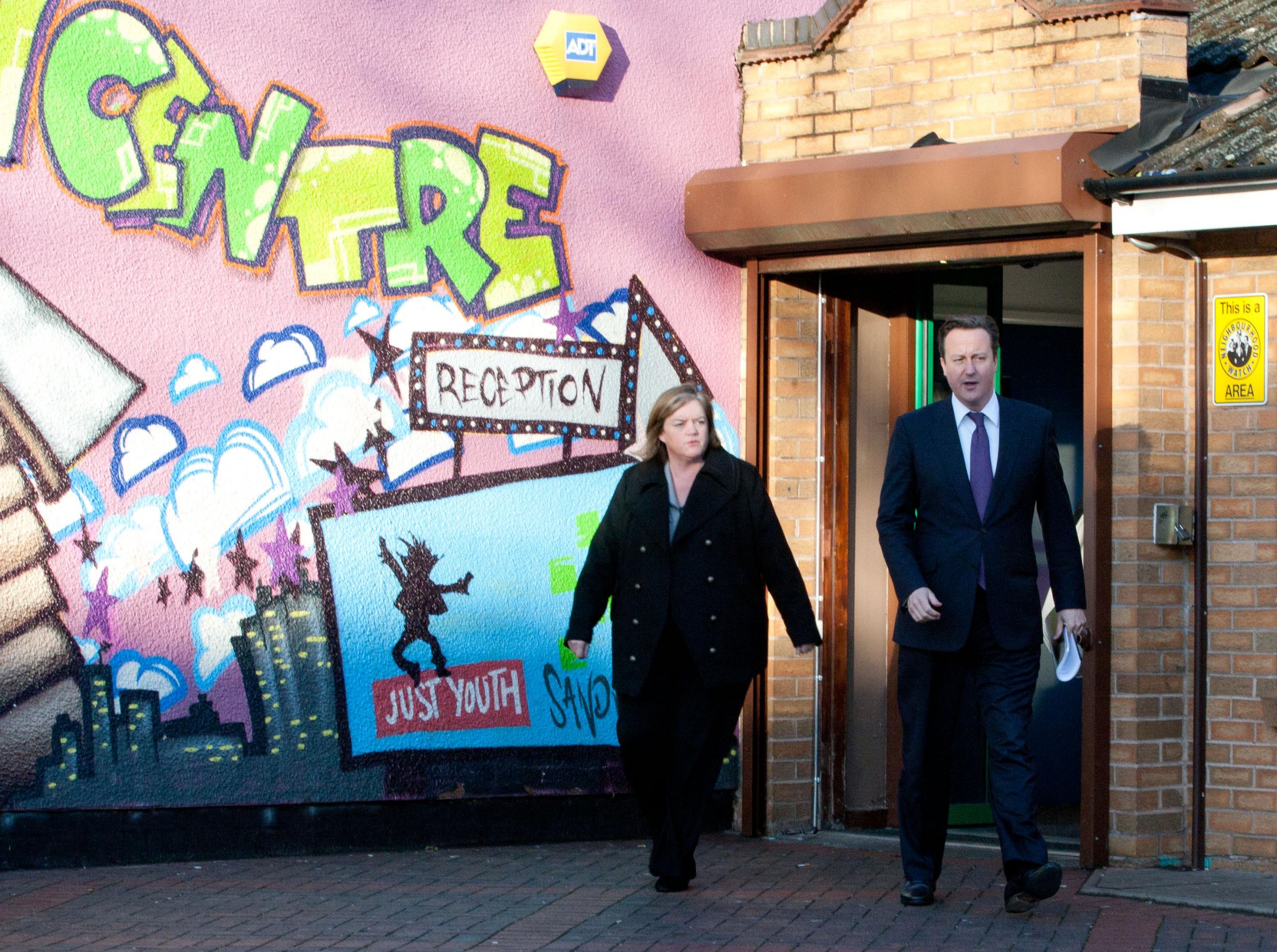Government must increase English classes for migrants and make them take oath of allegiance, says report
'We also need a spirit of unity, compassion and kindness that brings together under our common British values of tolerance, democracy, equality and respect'

Your support helps us to tell the story
From reproductive rights to climate change to Big Tech, The Independent is on the ground when the story is developing. Whether it's investigating the financials of Elon Musk's pro-Trump PAC or producing our latest documentary, 'The A Word', which shines a light on the American women fighting for reproductive rights, we know how important it is to parse out the facts from the messaging.
At such a critical moment in US history, we need reporters on the ground. Your donation allows us to keep sending journalists to speak to both sides of the story.
The Independent is trusted by Americans across the entire political spectrum. And unlike many other quality news outlets, we choose not to lock Americans out of our reporting and analysis with paywalls. We believe quality journalism should be available to everyone, paid for by those who can afford it.
Your support makes all the difference.Immigrants should have more access to English language classes and be made to take an "oath of allegiance" in order to improve integration efforts, a Government report has warned. .
The review, by Dame Louise Casey, the Government’s community cohesion tsar, was set up in 2015 by the then Prime Minister David Cameron to consider what could be done to boost integration in isolated and deprived communities.
The report is also expected to be critical of the Home Office for a lack of strategy in attempting to integrate new immigrants into communities across Britain.
But in a preview of the review, which spanned the course of a year, Dame Louise, who is also director general of the Government’s Trouble Families scheme, made 12 recommendations.
Dame Louise said there were areas which were struggling to cope with the pace and scale of change they faced as a result of immigration while there were still large social and economic gaps between different ethnic groups.
In particular she highlighted the plight of women who found themselves marginalised through poor English language skills while being subjected to "coercive control, violence and criminal acts of abuse, often enacted in the name of cultural or religious values".
In a wide-ranging set of recommendations the review called for more English classes for isolated groups, greater mixing among young people through activities such as sport, and a new "oath of integration" enshrining British values for all holders of public office.
The report adds: “A shared language is fundamental to integrated societies. The Government should be supporting further targeted English Language provision by making sufficient funding available for community-based English-language classes, and through the adult skills budget for local authorities to priorities English language where there is a need”.
“Social integration is about closing the gaps that exist between people and communities,” Dame Louise said. “This report has found those gaps exist in terms of where people live but also in terms of the lives they lead and the opportunities they have to succeed. So it is about how we get on in life, as well as how we get along with each other.
“To help bind Britain together and tackle some of the division in our society we need more opportunities for those from disadvantaged communities, particularly women, and more mixing between people from different backgrounds.
“We need more effort to be put into integration policies to help communities cope with the pace and scale of immigration and population change in recent years. But we also need a spirit of unity, compassion and kindness that brings together under our common British values of tolerance, democracy, equality and respect.
Responding to the report Sajid Javid, the communities secretary, said: “This Government is building a democracy for everyone and our country has long been home to lots of different cultures and communities, but all of us have to be part of one society – British society.
“So while it’s right that we celebrate the positive contribution that diverse groups make to British life, we also need to continue making sure that nobody is excluded from it or left behind.
“To do that, we need to take a serious look at the facts and must not shy away from the challenges we face. Dame Louise’s report is a valuable contribution, and I will be studying her findings closely.”
Ryan Shorthouse, the director of Bright Blue, said: "The Casey Review is right: we need to do much more to ensure people from different social and ethnic backgrounds are mixing – in schools, the workplace and in neighborhoods. Such integration is not only vital for individuals, building their networks and improving their life chances, but for society generally, improving understanding and trust.
"To be truly integrated in our country, people need to be able to understand and speak English. Having competence in English language is the passport to being economically and socially active in Britain."
"That's why the Government now needs to be bold and launch a national mission to ensure everyone in this country can read, write and speak English, at least to a basic level, by the end of this Parliament.
Join our commenting forum
Join thought-provoking conversations, follow other Independent readers and see their replies
Comments